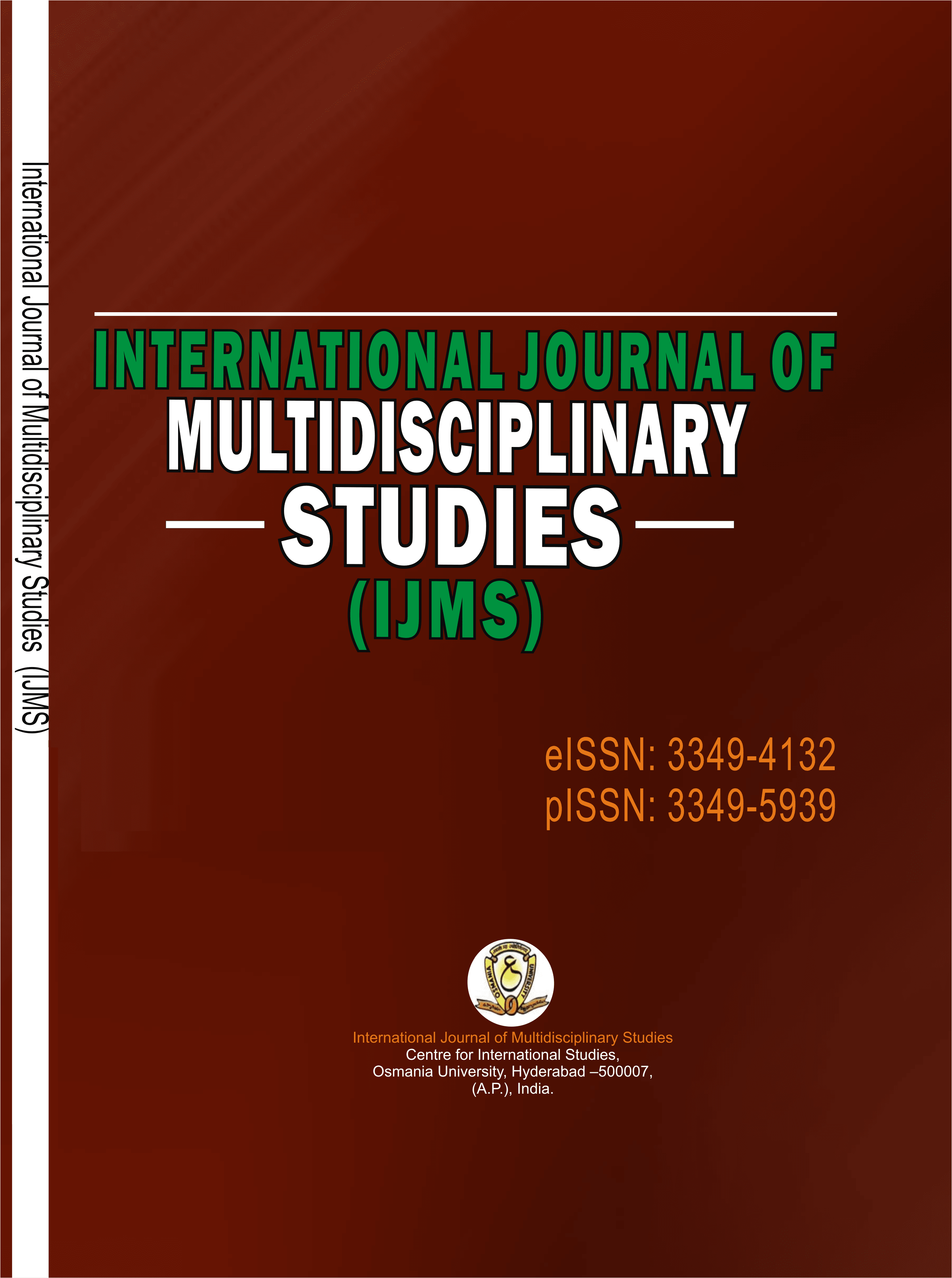INTERNATIONAL JOURNAL OF MULTIDISCIPLINARY STUDIES (IJMS)
THE PARADOX OF CO-EXISTENCE AND REUNION IN CAMEROON: THE STUDY OF BOLE BOTAKE’S FAMILY SAGA
E-ISSN: 3349-4132
P-ISSN: 3349-5939
DOI: https://iigdpublishers.com/article/249
This paper sets out to prove that co-existence subdues binary oppositions in Bole Butake’s Family Saga. The work is undertaken because, in a dynamic marked by the living together of Anglophone and Francophone groups in Cameroon, social relations are constrained by numerous differences. Bole Butake focuses on the postcolonial era in Cameroon where the co-existence of Anglophones and Francophones is plagued by anxieties, tensions, crises and binary sentimentalities. The work is based on the hypothesis that the characters depicted by Bole Butake in Family Saga are plagued by crisis and binary sentimentalities which threatens their peaceful co-existence although the playwright suggests that peaceful co-habitation is possible. The Post-Colonial Theory sheds light on the binary polarities between the two distinct linguistic and cultural groups that result in tensions and crises, while New Historicism portrays the link between Butake’s creative write-up and the Cameroonian society.
Meroline Engoro Kaka
Ambanassom, Shadrach. (2002). Education of the Deprived. Bamenda, Unique Printers.
Anyefru, Emmanuel. (2011). "The Refusal to Belong: Limits of the Discourse on Anglophone Nationalism in Cameroon." Journal of Third World Studies, Vol. 28, No. 2, Aspects of Third World Development in the Early 21st Century, Fall, pp. 277-306.
Aschroft et al. (1989). The Empire writes Back Theory and Practice in Post-colonial Literatures. New York, Routledge.
Bongfen, Chem-Langhëë. (1976). "The Kamerun Plebiscites 1959-1961: Perceptions and Strategies." PhD Thesis, University of British Culumbia.
Butake, Bole. (1996). Theatre of the Oppressed. London, Plutos Press.
